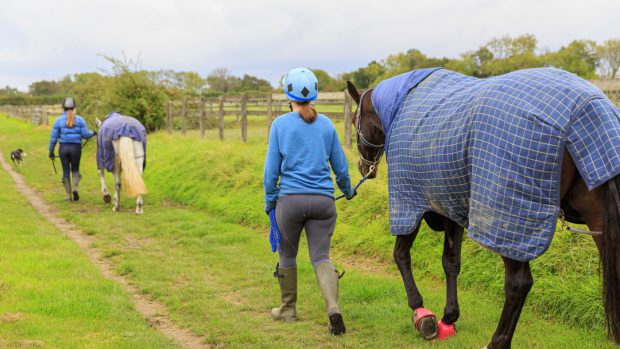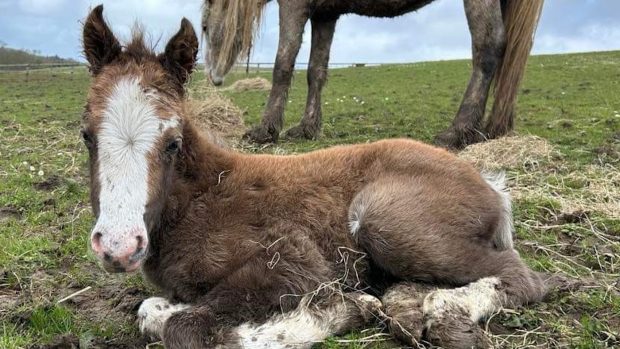World Horse Welfare has launched an initiative to discourage overbreeding after a survey found that hobby breeders are producing more foals than the professionals. Meanwhile, there are currently an estimated 7,000 horses deemed at risk of rescue or rehoming.
The survey, which was completed by nearly 4,000 owners, showed that twice as many foals (1,350) were produced by those who had bred one to five foals as by those who had bred more than 100 each (650).
“The results are surprising,” said Roly Owers, chief executive of World Horse Welfare. “Professional breeders, dealers and the racing industry are often blamed for producing too many horses, [but] numbers appear to be reducing in line with the current market.
“It is vital that every group acknowledges their contribution to the problem and takes steps to rectify it. Evidence suggests that in racing alone numbers have reduced by 25%.”
The most common reasons behind most people breeding from their horse were to produce a future competition ride or to continue the bloodline.
The charity is urging owners to consider very carefully before breeding. With a surplus of horses available, some are being sold for just £5, which creates welfare issues.
“Breeding a foal can be wonderfully rewarding,” said Mr Owers. “However, it is important to consider all the potential problems before making the decision, and whether there may be a better option.
“No matter what steps you take to produce a healthy foal, it is always possible that he or she could be born with, or develop a problem,” he added. “Even a top quality mare and stallion can produce a foal with conformational, developmental or behavioural problems. There is no guarantee that the foal you breed will be suitable for its intended role.”
But small-scale breeder Tobina Aldous, who has bred two foals from her novice event mare Miss Mouse, said that if you are prepared for the financial implications, it can be a “lot of fun”.
“Mouse had great jumping ability and is good natured, so it was worth trying,” said Mrs Aldous. “But you must take the responsibility for the fact that it costs money just to raise a foal — let alone any unforeseen veterinary issues. The problem isn’t the number of horses that are being bred, it’s who’s breeding them.”
The charity has released a video, “Do you need to breed?”, to help owners understand the impacts, costs and risks associated with breeding.



